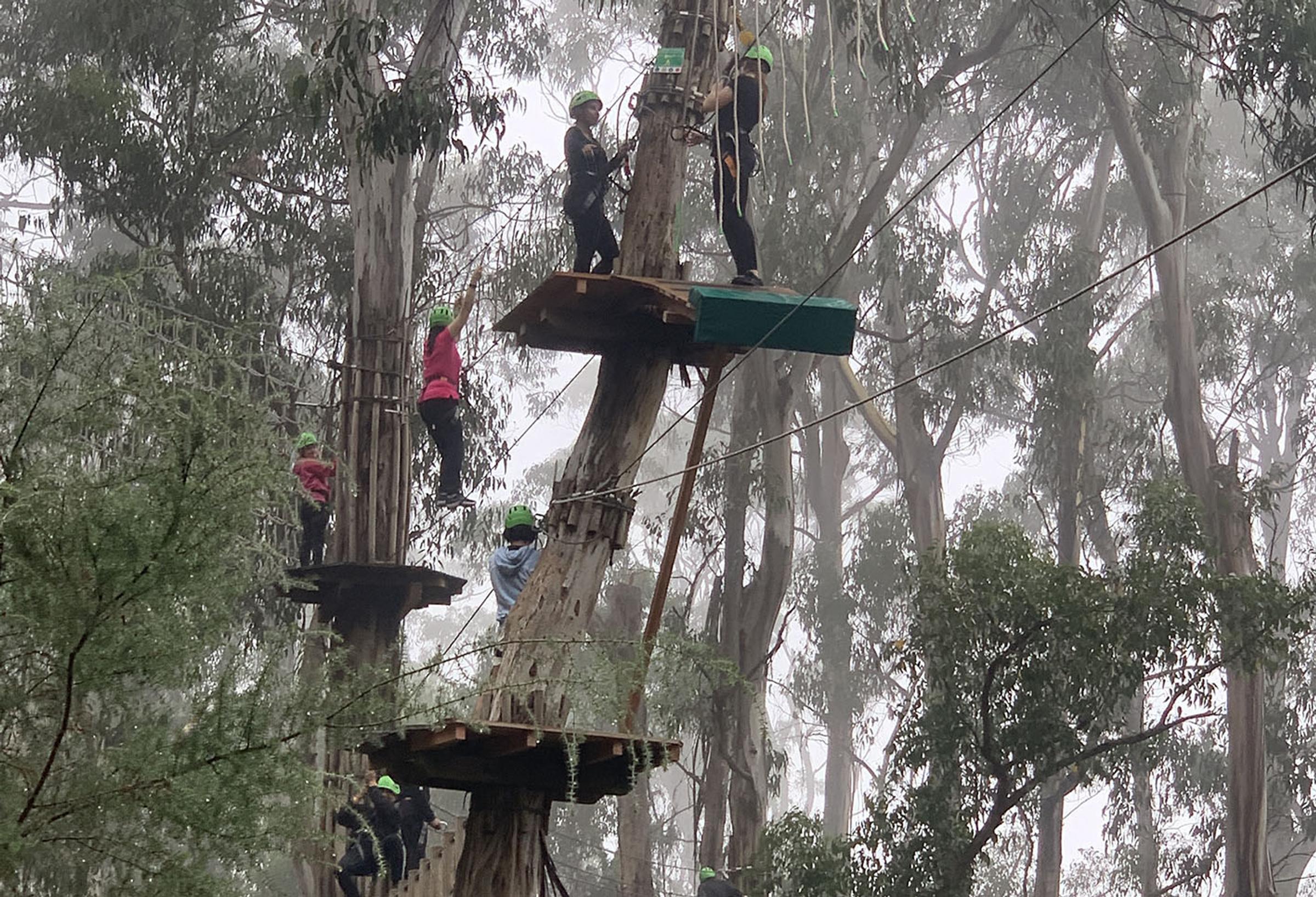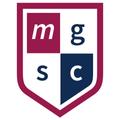Health and Physical Education

This learning area covers Health, Physical Education and Outdoor Education.
Core Health and Physical Education is compulsory.
Strand | Unit | |
Compulsory | Physical Education | Thrive |
Elective |
Physical Education | Healthy Minds, Healthy Habits |
Inside the Human Body | ||
Sports Coaching | ||
Outdoor Education & Environment | ||
Accelerated | Health Education | VCE Health and Human Development Unit 1 & 2 |
Physical Education | VCE Physical Education Unit 1 & 2 |
THRIVE
This unit is compulsory.
Aim
Health and Physical Education aims to promote a healthy and active lifestyle now and in the future. The sport and physical activity classes focus on the important role physical activity, sport and recreation need to play in the lives of all Australians in meeting the national physical activity guidelines. Providing opportunities for students to be challenged, achieve personal growth, enjoyment, and personal fitness.
Content
At Year 10, THRIVE will expose students to a variety of sports/ activities in practical sessions including badminton, cricket, basketball, AFL, netball, soccer, softball and volleyball. Through sport education, students will take what they have learnt in physical education classes and facilitate their own round robin competition, taking on the roles of coaches, fitness trainers, and administration. Encouraging leadership growth and student voice through movement.
In Health education, students learn how to take positive action to enhance their own and others’ health, safety, and wellbeing. Students examine the physical, social, emotional, mental, and spiritual dimensions of health and wellbeing. Demonstrating a range of health seeking strategies that will support them to access and evaluate health information and services. Health content explores four key areas.
- Body & Mind
- Respectful Relationships
- Safety
- Youth Health
Health & Physical Education aims to promote students' understanding of their personal health and their ability to relate to others to develop self-esteem and effective communication. Emphasis is placed on respectful relationships education.
Assessment
Assessment in THRIVE involves the satisfactory completion of health curriculum and practical activities. Students will be assessed on their work habits including; participation, attitude, collaboration skills, preparedness and use of class time.
Healthy Minds, Healthy Habits
Aim
To increase awareness of students living in the 21st Century and the importance of learning how to look after themselves and each other.
Content
The elective includes investigating:
- Women’s Health Issues – students research issues which affect women worldwide eg sexual exploitation, mental health issues, sexual identity, ovarian cancer
- Pregnancy- Students will learn how to care for a virtual baby and Issues related to unplanned pregnancy.
- Health & Wellness- Students look at the conditions required for health improvement, as stated by the World Health Organization (WHO). They will gain a greater understanding of the dimensions of health and the importance of these in our everyday life.
- This subject is recommended for any students interested in completing VCE Health & Human Development.
Assessment
There are three Common Assessment Tasks for this subject; Letter to a Friend , Baby diary, Women’s Health Issue presentation. It is expected that all students take care of the virtual baby for two nights/three days or over a weekend.
articipation, attitude, collaboration skills, preparedness and use of class time.
Inside the Human Body
Aim
This unit is a study of the human body, including functioning and structure of the muscular, skeletal, cardiovascular and respiratory systems.
Content
- Anatomy – Study of the skeletal, muscular, circulatory, and respiratory systems.
- Physiology – How the circulatory and respiratory system works and the effects of exercise on the circulatory system. A look at posture, the possible defects and how to improve these defects through exercise.
Practical Component
- Laboratories – Practical application of theoretical knowledge.
- There will be approximately one lesson every week involving a practical class.
Assessment
There are three Common Assessment Tasks in this subject: Developing a Model of a Synovial Joint, Muscular System Test, Cardiovascular System Investigation.
Sports Coaching
Aim
This study area develops an understanding of how to coach a sporting team, awareness of different coaching styles and techniques. It will incorporate the psychology of sport as well as the responsibility a coach has in terms of safety and injury prevention. Students will continue to develop skills and complete practical activities to create lifelong habits. This subject will have a large practical component.
Content
Sports Coaching
Focus on several aspects of good coaching techniques: planning training sessions; role of a coach, conditioning the athlete; communication; skill development; group management; sports safety. This knowledge is then used to address the issue of modifying sports for young children and those with disabilities.
Psychology
Focus on mental training including arousal and relaxation, visualisation and mental rehearsal, motivation, goal setting, dealing with anxiety, developing a positive mental attitude and the psychological responses to sporting injuries.
Practical Component
- Practical Session – Participation in activities including sessions at a local gym as well as participation in a variety of traditional sports such as netball and basketball.
- Laboratory session – These include coaching junior classes, Peer coaching.
Assessment
Assessment will include practical participation in all activities, Planning and implementing a school-based coaching session. Plan and implement a coaching session for primary school students and students with special needs. Laboratory reports, semester tests and a sports injury project.
Outdoor Education & Environment
Aim
To increase our appreciation of the great outdoors, students will engage in adventurous activities as a way of exploring self and nature, and apply lessons learned to everyday living. This unit aims to develop awareness of our natural environments, land management strategies and our Indigenous heritage and use of the land. Students will develop their knowledge of equipment, basic skill acquisition and address the relevant issues of safety and first aid. Students develop an understanding of the impact of decision making on natural environments through investigation of issues relating to conservation
Content
- Personal Outdoor Experiences – Study of the reasons people participate in the outdoor environment, including how technology has supported these interactions.
- Sustainable environments – Study of the different types of environments across Victoria and how humans can contribute to better levels of sustainability within and across environments.
- Indigenous Australian Land management strategies– native flora and fauna and exploring sustainable farming.
- Adventure activities – Participation, risk management and skill development.
Practical Component
Students will participate in a number of activities across the semester including a three-day adventure camp, high ropes course, hiking, surfing, archery, and field trips to study the native flora and fauna.
Assessment
There are three different common assessment tasks – Adventure Journal, Design a Camp project and an Environmental Investigation Research Task.
Please Note: This subject is a lead into the Unit 3 & 4 Outdoor & Environmental Studies course that can be completed in Year 11. There will be a cost involved with this subject - To be confirmed.
VCE Health & Human Development
VCE Physical Education
